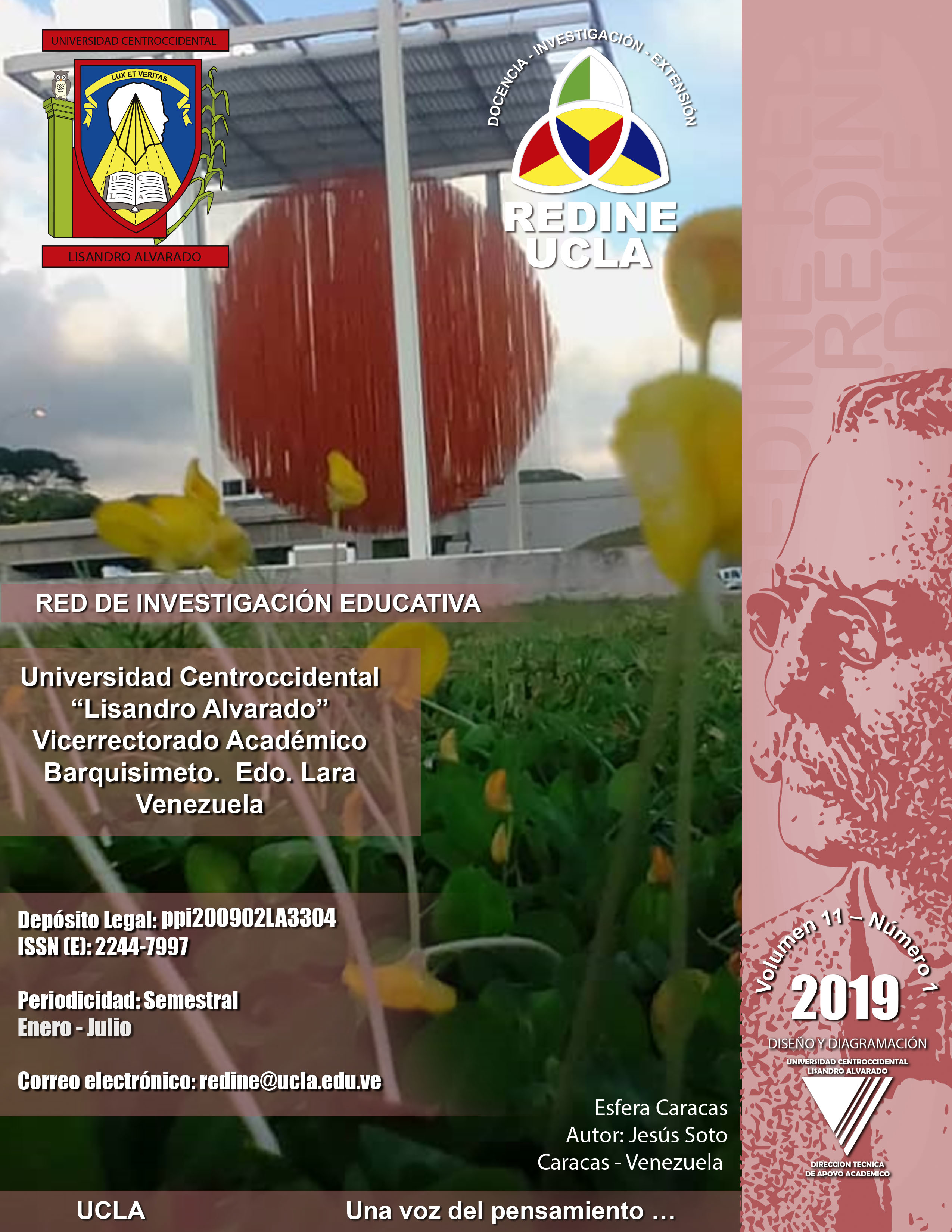systemic learning chi" (ASChi). Alternative for the integral health of man
Abstract
Systemic Learning Chi (ASChi) is an emerging alternative (created by the author of this article), which is defined as: "a holistic, creative and transcendent learning perceived by men and women, by executing the praxis of their own exercises of Internal Martial Arts (Tai chi and chi kung) and those immersed in the area of Physical Education, in a constant and assertive manner, to manage the internal energy (Chi) progressively until it reaches its fullness, to control its respiratory rhythm, to develop psychophysically , to balance your mind and body, to be able to appreciate the filling and the emptiness, the stillness, the spiritual freedom, the peace, the harmony and the cerebral complementarity, among others ". This series of bio-psycho-physical exercises have been experienced by social groups made up of middle-level students, university students, professionals, community groups, among others, who have shown direct and indirect benefits in their integral well-being. The ASChi is perfectible, because it allows the incorporation of executions and actions of other disciplines and areas that contribute to the improvement of the healthy aspects of the human being. In this sense, the purpose of this essay-type publication is to make known what and how is the internal structure of the ASChi, its applicability (succinctly) and benevolence at the time of its execution.
Downloads
Published
How to Cite
Issue
Section
Copyright from the year of publication
This work is licensed under a:
Creative Commons Reconocimiento-NoComercial-CompartirIgual 4.0 Internacional (CC BY-NC-SA 4.0)
The opinions expressed by the authors do not necessarily reflect the views of the publication's editor or UCLA. Total or partial reproduction of the texts published here is authorized, provided that the complete source and the electronic address of this journal are cited. Authors have the right to use their articles for any purpose, provided it is done on a non-profit basis. Authors may publish the final approved version of their work online or in any other medium after it has been published in this journal.




